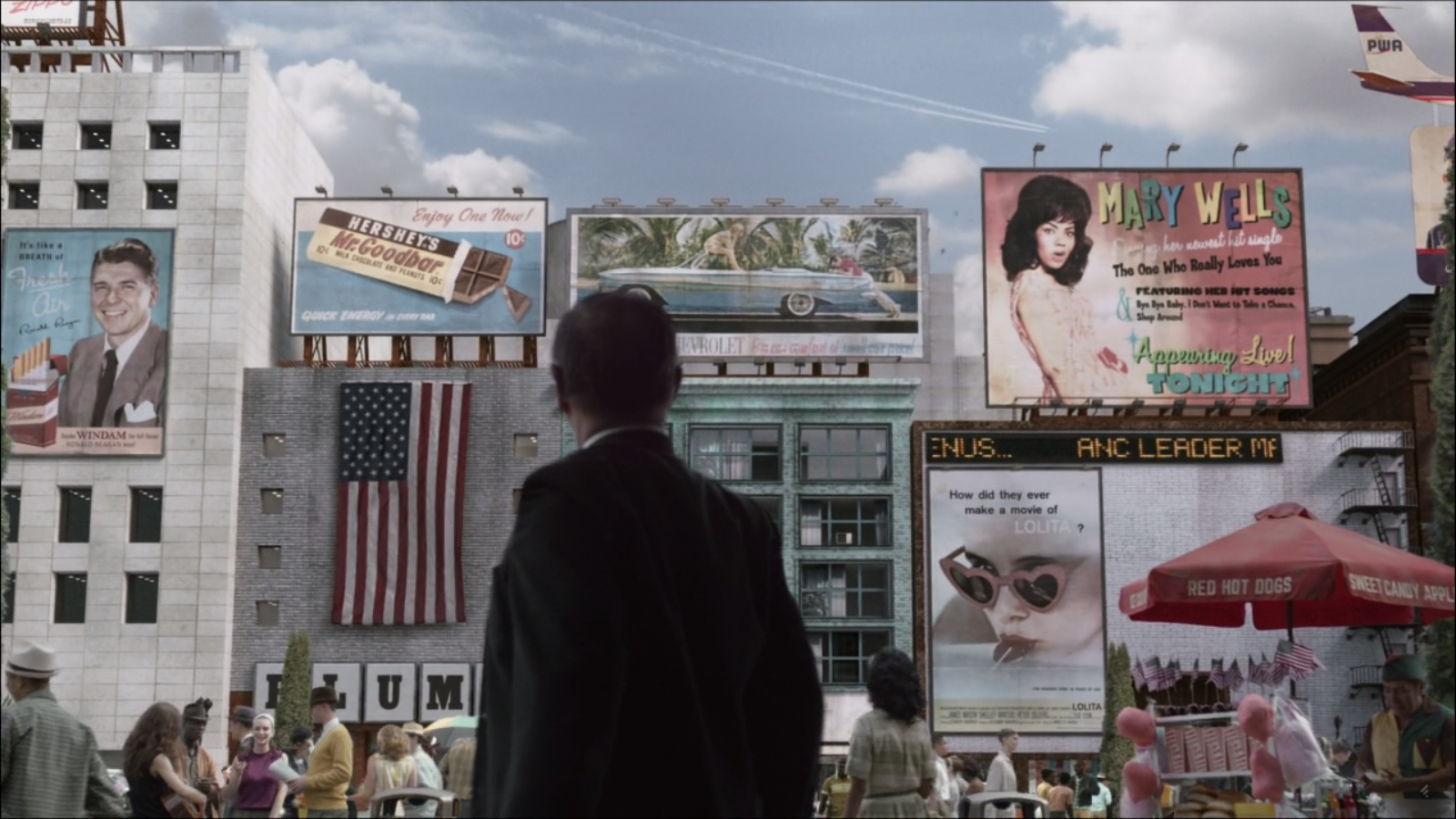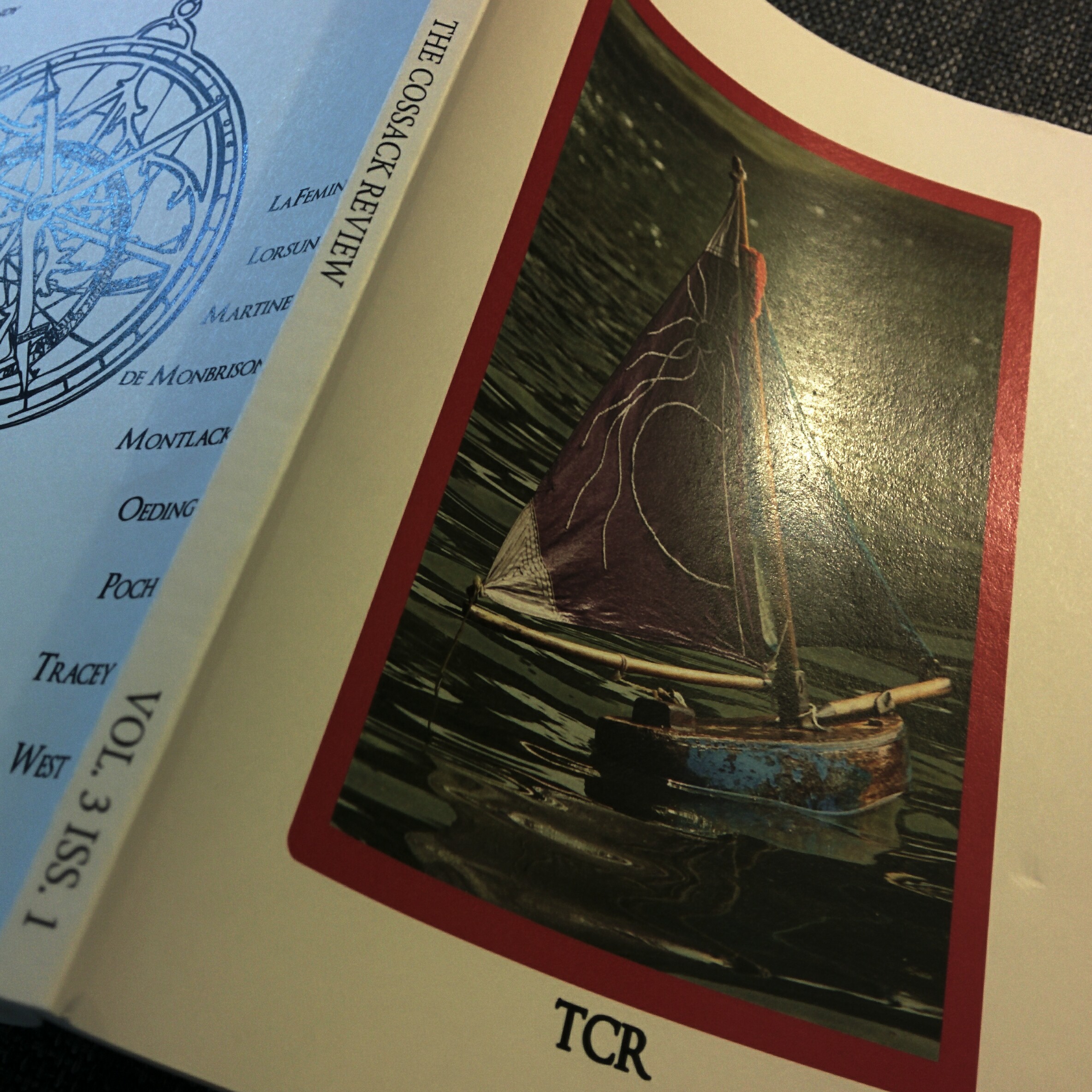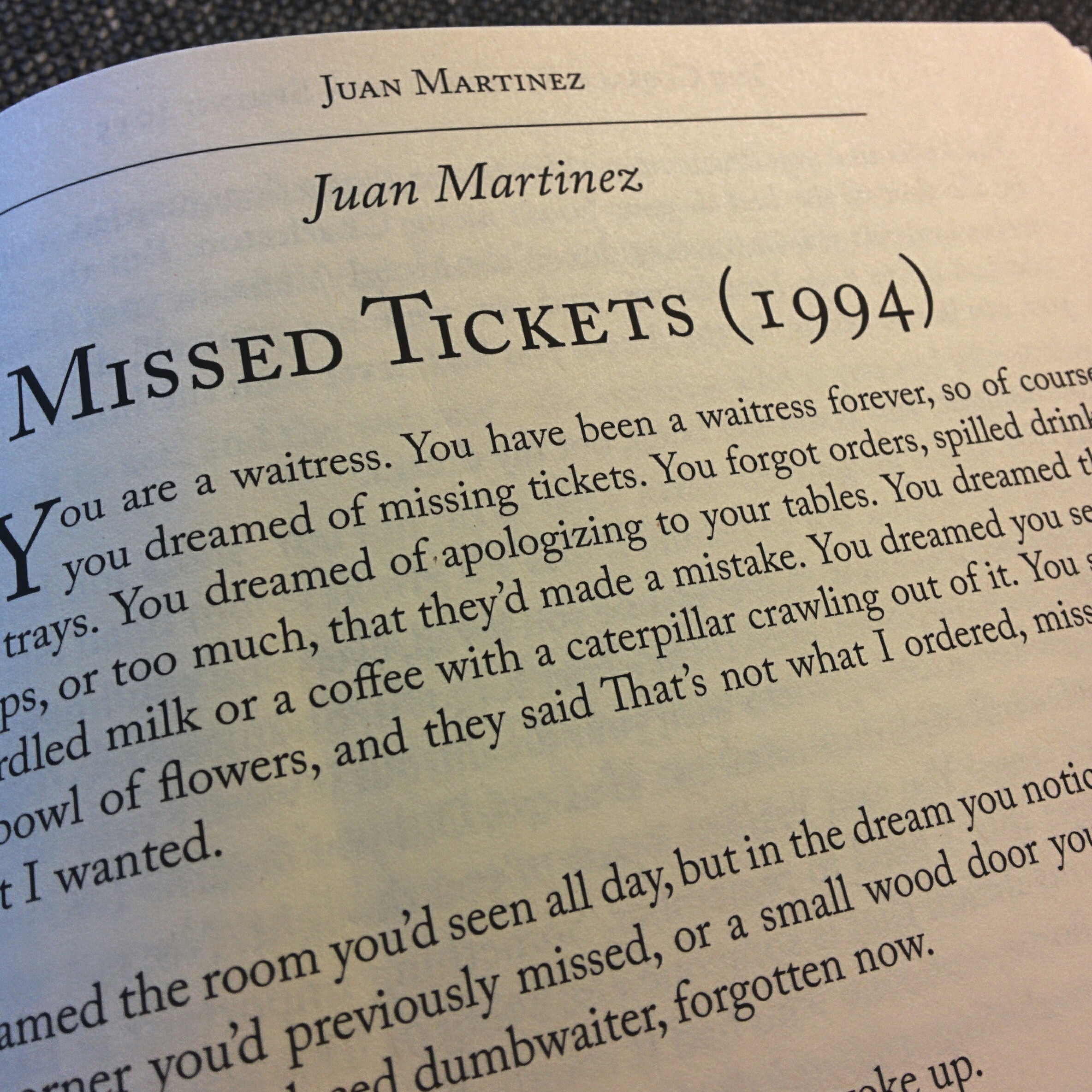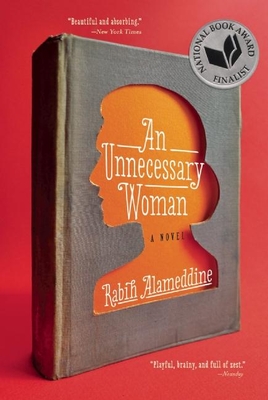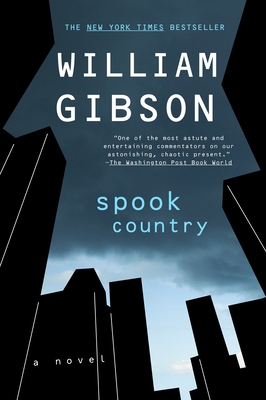Written today in lieu of novel revisions.
A Short Thank-You Note to Trump
So the photo below is me right after I took the oath of citizenship, which happened yesterday, a Tuesday, which meant we had to leave our baby with the sitter. The baby's an American. So is my wife. So, for that matter, is pretty much my whole immediate family. I was the hold out.
I'm pretty sure I was eligible for at least three years. I had been meaning to do it, but we were traveling a lot (we moved from Vegas to the Pacific Northwest to Amish country to Chicago) and the application is $680 -- a deal and a privilege, to be sure. You can't put a price on citizenship. But you can totally keep meaning to do it later because $680 feels like a lot.
And then you have an insane spray-tanned caricature spewing rhetoric so hateful, so inconsistent and bizarre, that you start laughing, and then worrying when half the country takes the joke seriously. And then the joke gets to be the presidential nominee of a major political party. That's when $680 feels like a bargain.
So thank you, Donald J. Trump. You're what it took for me and for (I'm guessing) thousands of others like me to take the not-insignificant leap from permanent resident to citizen.
In the elevator to the courthouse, a man saw a bunch of us in the elevator clutching our appointment letters. He said, "Trump, huh?"
We all nodded.
He said, "You're going to vote? You got to vote."
All of us nodded -- all of us, an elevator stuffed with nervous soon-to-be-citizens all worried we forgot some important document (the green card? the letter? were we supposed to bring our old passports?). But yes, we all said we were going to vote.
Against you.
We took the oath. The judge welcomed us, told us that the US was lucky to have us, that to swear allegiance to the US did not mean we abandoned the culture and the food and everything we hold dear from our old life. It was all moving, way more moving than I thought it would be.
I've been here for years. I've always enjoyed the privilege of the observer, an embedded outsider. I'd been holding on to that feeling forever, of being in the US and very much loving it but also not quite belonging, or thinking I did not quite belong. That feeling's gone, but it will come back, I'm sure. But still: what has replaced it is just as light, just as freeing, just as wonderful, just as strange. This judge made all of us feel truly welcomed.
The voter registration folk waited right outside the court. I filled out the form. It took all of five minutes.
The Collection is Forthcoming!
Hi! My story collection Best Worst American will come out in February 2017 out of the amazing Small Beer Press: check it out! You can pre-order it at their site, so why not go there and order 500 copies? The tentative cover is below.
Nabokov in The X-Files!
Check out The Enchanted Hunter motel -- a nod to Lolita's The Enchanted Hunters hotel -- in this X-Files episode from the 2016 season, "Mulder and Scully Meet the Were-Monster." The episode was written by Darin Morgan, who is no stranger to awesome Nabokov references. His 1996 X-Files episode, "Jose Chung's From Outer Space," features a space overlord named Lord Kinbote.
Lolita Spotted in The Man in the High Castle
Check out the Lolita poster in this frame from The Man in the High Castle!
Nabopop: Pale Fire in Noah Baumbach's Mistress America
Check out Greta Gerwig holding Vladimir Nabokov's Pale Fire in Noah Baumbach's lovely, effervescent, way way funny Mistress America!
Nabokovilia: Martin Amis's "Oktober"
I was carrying a book: the forthcoming “Letters to Véra,” by Véra’s husband, Vladimir Nabokov. But the voices around me were unrelaxingly shrill—I could concentrate on what I was reading, just about, but I could extract no pleasure from it. So I took my drink back into the foyer, where the pianist, after a break, had resumed. The businessman was still on the phone; as before, we were sitting two tables apart, and back to back. Occasionally I heard snatches (“Have you got any office method where you are? Have you?”). But now I was slowly and appreciatively turning the pages, listening to that other voice, V.N.’s: humorous, resilient, full of energy. The letters begin in 1923; two years earlier, he sent his mother a short poem, as proof “that my mood is as radiant as ever. If I live to be a hundred, my spirit will still go around in short trousers.”
When January dawned in 1924, Vladimir (a year older than the century) was in Prague, helping his mother and his two younger sisters settle into their cheap and freezing new apartment. (“Jesus, it’s called basic gumption. Do you know how you spell that?”) These former boyars were now displaced and deracinated—and had “no money at all.” (“5C? No. Obviously. 4C. 4C, for Christ’s sake.”) Vladimir himself, like his future wife, the Judin Véra Slonim, had settled in Berlin, along with almost half a million other Russian fugitives from 1917. And in Berlin the two of them would blithely and stubbornly remain. Their lone child, Dmitri, was born there in 1934. The Nuremberg Laws were passed in September, 1935, and they began to be enforced and expanded after the Berlin Olympics of 1936; but not until 1937 did the Nabokovs hurriedly decamp to France, after a (seemingly never-ending) struggle with visas and exit permits and Nansen passports.
(...)
All ambient sounds suddenly ceased, and the businessman was saying, “D’you know who this is? Do you? It’s Geoffrey. Geoffrey Vane. Geoffrey. Geoff. Yeah. You know me. And you know what I’m like. . . . Right, my patience is at an end. Congratulations. Or, as you’d say, super. . . . Now. Get your fucking Mac and turn to your fucking e-mails. Do you understand me? Do you understand me? Go to the communication from the fucking agent. The on-site agent. You know, that fucking Argy—Feron. Fucking Roddy Feron. Got it? Now bring up the fucking attachment. Got it? Right—fucking 4C.”
Nabokov Sighting: Mary Karr's The Art of Memoir
From Mary Karr's The Art of Memoir:
"If I didn't have to pay out the wazoo to quote from better books than my own, I'd have way more Nabokov in here."
"Northern" in the Fall 2015 issue of Huizache!
Hi! I'm thrilled and proud that my story "Northern" found an awesome home in the Fall 2015 issue of Huizache, and just and thrilled to be in such good company. Seriously daring, urgent, amazing writing in here -- please pick up a copy!
NaboPop: Nick Cave's "20,000 Days on Earth"
In the very Nabokovian documentary 20,000 Days on Earth, Nick Cave recalls the very earliest memory of his dad: Him reading Lolita to him, admiring the writing, and Cave admiring his father. "He became a greater thing," Cave says. Lolita recurs in the movie -- it pops up briefly in the opening sequence and will return at crucial moments. Some screencaps below.
"Missed Tickets" in The Cossack Review
Hi! I'm super thrilled that The Cossack Review published a short creepy thing of mine. It's in the magazine's fourth print issue. Please buy 500 copies.
Clotheshorse: Adam Thirlwell's The Escape
Clotheshorse provides a very occasional spotlight on the intersection of literature and men's fashion.
This excerpt comes from Adam Thirlwell's The Escape:
Now, however, Haffner's colleagues would have been surprised.
Haffner was dressed in waterproof sky-blue trousers, a sky-blue T-shirt, and a pistachio sweatshirt. These clothes did not express his inner man. This much, he hoped, was obvious. His inner man was soigne, elegant. His mother had praised him for this In the time when his mother praised him at all.
-- Darling, she used to say to him, you are your mother's man. You make her proud. Let nobody forget this.
She dressed him in white sailor suits, with navy stripes curtailing each cuff. At the children's parties, Haffner acted unconcerned. As soon as he could, however, he preferred the look of the ganster: the Bowery cool, the Whitechapel raciness. Elegance gone to see. His first trilby was bought at James Lock, off Pall Mall; his umbrellas came from James Smith & Sons, at the edge of Covent Garden. The royal patent could seduce him. He had a thing for glamour, for the mysteries of lineage. He could talk to you for a long time about his lineage.
The problem was that now, at the end of the twentieth century, his suitcase had gone missing. It had vanished, two weeks ago, on his arrival a the airport in Trieste. It had still not been returned. It was imminent, the airline promised him. Absolutely. His eyesight, therefore, had been forced to rely on itself -- without his spectacles. And he had been corralled into odd collages of clothes, bought from the outdoor-clothes shops in this town. He walked round the square, around the lake, up small lanes, and wondered where anyone bought their indoor clothes. Was the indoors so beyond them? Was everyone always outdoors? (9-10)
Nabokov Sighting in Knausgaard's American Travels
Karl Ove Knausgaard travels across America, retraces Norwegian and Viking trails across the country, makes this observation: "I loved it not only because I had finally seen something in the United States that Humbert and Lolita could have seen — a fabulous entry for Nabokov’s catalog of American monuments, wonders and reconstructions — but also because it struck me that the image of reality that this particular reconstruction presented was, in a curious way, absolutely true."
From My Saga, Part 2.
Part 1 is here.
Nabokovilia: David Mitchell's Number 9 Dream
A million thanks to Anne Stevens for this awesome bit of Nabokovilia: "On p. 28 of Number 9 Dream by David Mitchell there is a movie poster reading 'The Life and Times of John Shade.'"
Nabokovilia: Rabih Alameddine's An Unnecessary Woman
An observer would receive the wrong impression from this salacious tableau. Their ages were wrong, I thought. Incompatible. Insidious Nabokov insinuated himself into my dreams once more, not allowing me to lose myself in watching what was before me, not allowing me to engage life. Hannah was my Humbert, the lieutenant the ingenue. Fire of my loins. They fucked, no other term can be used. Hannah and her lieutenant fucked and fucked.
(...)
...I won't translate Lolita even though I've always wanted to. It's against the rules. Nabokov's earlier work in rowdy Russian I could. "But in my arms she was always Lolita."
"Lo. Lee. Ta."
My memory has aged into an unruly child but is still quite precocious. (47-8)
Nabokovilia: Jenny Offill's "Dept. of Speculation"
I was going to be an art monster instead. Women almost never become art monsters because art monsters only concern themselves with art, never mundane things. Nabokov didn’t even fold his own umbrella. Vera licked his stamps for him.Quote spotted in these two James Woods New Yorker pieces:
Nabokovilia: Nabokov's Creepy Bathtub in Gibson's Spook Country
He was bouncing along at some insane speed on something that reminded him of a creepy folding rubber bathtub that he'd once seen Vladimir Nabokov posing with in an old photograph. (344)
Clotheshorse: David Foster Wallace's The Pale King
On the narrator's father:
He looked good in a suit -- like so many men of his generation, his body seemed designed to fill out and support a suit. And he owned some good ones, most single-button and single-vent, understated and conservative, in mainly three-season worsteds and one of or two seersucker for hot weather, in which he also eschewed his usual business hat. To his credit -- at least in retrospect -- he rejected the so-called modern style's wide ties, brighter colors, and flared lapels, and found the phenomenon of leisure suits or corduroy coats nauseating. His suits were not tailored, but they were nearly all from Jack Fagman, a very old and respected men's store in Winnetka which he had patronized ever since our family relocated to the Chicagoland area in 1964, and some of them were really nice. At home, in what he called his "mufti," he wore more casual slacks and double-knit dress shirts, sometimes under a sweater vest -- his favorite of these was argyle. Sometimes he wore a cardigan, though I think that he knew that cardigans made him look a little too broad across the beam. In the summer, there was sometimes the terrible thing of the Bermuda shorts with black dress socks, which it turned out were the only kind of socks my father even owned. One sport coat, a 36R in midnight-blue slubbed silk, had dated from his youth and early courtship of my mother -- she had explained -- it was hard for her to even hear about this jacket after the accident. (175-6)
On the narrator's 70's sartorial proclivities:
I can't think of this period's hair without almost wincing. I can remember things I wore -- a lot of burnt orange and brown, red-intensive paisley, bell-bottom cords, acetate and nylon, flared collars, dungaree vests. I had a metal peace-sign pendant that weighed half a pound. Docksiders and yellow Timberlands and a pair of shiny low brown leather dress boots which zipped up the sides and only the sharp toes showed under the bell-bottoms. The little sensitive leather thong around the neck. The commercial psychedelia. The obligatory buckskin jacket The dungarees whose cuffs dragged on the ground and dissolved into white thread. Wide belts, tube socks, track shoes from Japan. The standard getup. I remember the round, puffy winter coats of nylon and down that made us all look like parade balloons. The scratchy white painter's pants with loops for supposed tools down the side of the thigh. I remember everyone despising Gerald Ford, not so much for pardoning Nixon but for constantly falling down. Everyone had contempt for him. Very blue designer jeans. (159)
(Clotheshorse is an occasional series on the intersection of literature and men's fashion.)
Sighting: Nabokov's Flamboyant Footnotes in the New Yorker

More recently, footnotes have been employed to postmodern effect: Vladimir Nabokov and David Foster Wallace used them flamboyantly; writers such as Nicholson Baker applied them from a softer palette.
From Nathan Heller's "Save Footnotes" in the New Yorker


